Summer Season Vegetable Seeds Combo 3
- Brand: Plantozia
₹99.00₹299.00 (-67%)
Out of stock
- Packet contains : 4-Type Seeds.
- Combo Seeds: Nenua Seeds, Bitter Gourd Seeds, Snake Gourd Seeds, Beans Seeds.
- Sowing season : Summer Season Vegetable.
- Mode of sowing : Direct sowing or transplanting seedlings in pots.
- Germination Time : Typically 5-10 days, depending on temperature.
- Harvesting Time : Summer Season Vegetable Seeds Combo 3 harvesting time 40-70 days, depending on the vegetable variety.
SUMMER SEASON VEGETABLE SEEDS COMBO 3 GERMINATION PROCESS
Soaking 5-6 hours in the water For Better Results :
Soaking seeds in water before planting can help speed up germination by softening the outer seed coat, allowing water and air to penetrate the seed more easily. This can help to trigger the biochemical processes that lead to the germination of summer season vegetable seeds combo 3.
Use 50% Compost & 50 Soil:
Using a mixture of 50% compost and 50% soil can provide an ideal environment for seed germination. Compost provides organic matter and nutrients that can aid in the growth of the seedlings, while soil provides a stable base for the roots to anchor and absorb water and nutrients. It is important to ensure that the compost used is mature and free from any harmful pathogens that may damage the seeds or seedlings. Additionally, it is recommended to provide the seeds with adequate sunlight, water, and temperature for optimal germination of Seeds.
Do not Overwater:
Use well-draining soil. Soil that doesn’t drain well can lead to waterlogged roots, which can cause root rot and other problems. Check the soil moisture level regularly. Stick your finger into the soil about an inch deep. If the soil is dry, it’s time to water. If it’s still moist, hold off on watering.
After 2-3 Months Enjoy Your Vegetable :
Apply vermicompost twice a week Depending on the size of your plant, apply a small amount of vermicompost to the soil around the base of the plant twice a week. It is essential to avoid over-fertilizing, as this can lead to plant burn or root damage Seeds.
GROWING SUMMER SEASON VEGETABLE PLANTS IN POTS :
Choose the Right Pot
- Size: Select pots that are deep and wide enough to accommodate the plant’s root system. Larger pots allow more room for growth and reduce the need for frequent watering.
- Material: Plastic pots retain moisture better, while clay pots provide better airflow to the roots. Ensure the pots have proper drainage holes.
- Drainage: Good drainage is essential to avoid waterlogging. Ensure pots have drainage holes and, if necessary, use broken pottery or stones at the bottom.
2. Select the Right Soil
- Soil Mix: Use a high-quality potting mix rather than garden soil, as it is lighter and drains better. A mix containing compost or organic matter will provide essential nutrients.
- Soil pH: Ensure the pH is appropriate for vegetable growth, typically around 6.0 to 7.0. Adjust if necessary with soil amendments.
3. Sunlight Requirements
- Full Sun: Most summer vegetables require at least 6-8 hours of direct sunlight daily. Position your pots in the sunniest location possible.
- Moveable Pots: Consider putting pots on trolleys or platforms with wheels so you can move them to sunnier spots as needed.
4. Watering
- Consistent Moisture: Vegetables in pots tend to dry out faster than those in the ground, so regular watering is crucial. Water deeply to encourage strong root growth.
- Check Soil Moisture: Use your finger to check the top inch of soil. If it’s dry, it’s time to water.
- Mulch: Applying a layer of mulch on top of the soil helps retain moisture and regulate temperature.
5. Fertilizing
- Nutrient Supply: Container-grown vegetables require more frequent feeding than those in the ground. Use a balanced, slow-release fertilizer or liquid feed during the growing season.
- Organic Fertilizers: Consider using organic options like compost tea, fish emulsion, or diluted manure to nourish the plants.
6. Spacing
- Avoid Overcrowding: Ensure each plant has adequate space in its pot to grow without competition. Follow specific spacing guidelines for each plant type.
- Thinning: If multiple seedlings sprout in a single pot, thin them out to prevent overcrowding.
7. Support Structures
- Staking or Trellising: Use stakes, cages, or trellises to support climbing or vining plants. These structures keep plants upright, encourage better airflow, and make harvesting easier.
8. Pest Management
- Inspect Regularly: Check plants frequently for pests such as aphids, caterpillars, and slugs. Being in pots, they are easier to monitor.
- Natural Remedies: Use organic pest control methods like neem oil, insecticidal soap, or companion planting to deter pests.
- Physical Barriers: Consider using row covers or netting to protect from larger pests.
9. Harvesting
- Timely Picking: Harvest vegetables as soon as they reach the right size. Regular harvesting encourages more production.
- Check Daily: As plants grow quickly in summer, check for ripe vegetables daily.
10. Rotate Crops
- Replenish Soil: After harvesting, replenish the soil with compost or fresh potting mix before planting a new crop.
- Crop Rotation: Avoid planting the same vegetable in the same pot season after season to reduce the risk of disease and nutrient depletion.
By following these steps, you can enjoy a productive and healthy summer vegetable garden, even in limited space! Nenua Seeds, Bitter Gourd Seeds, Snake Gourd Seeds, Beans Seeds you can plant in summer.
Additional information
| Weight | 0.1 kg |
|---|---|
| Dimensions | 5 × 5 × 5 cm |
Only logged in customers who have purchased this product may leave a review.
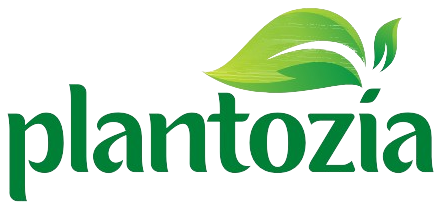





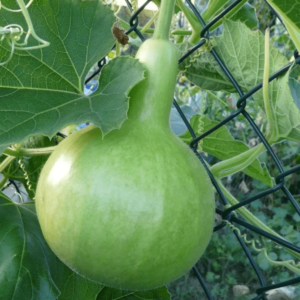



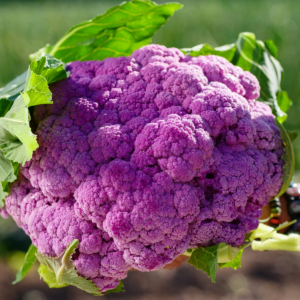
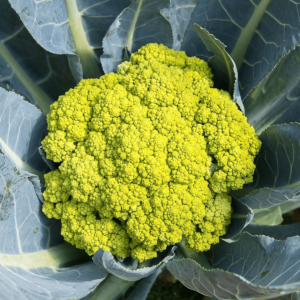

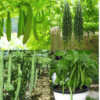
Reviews
There are no reviews yet.